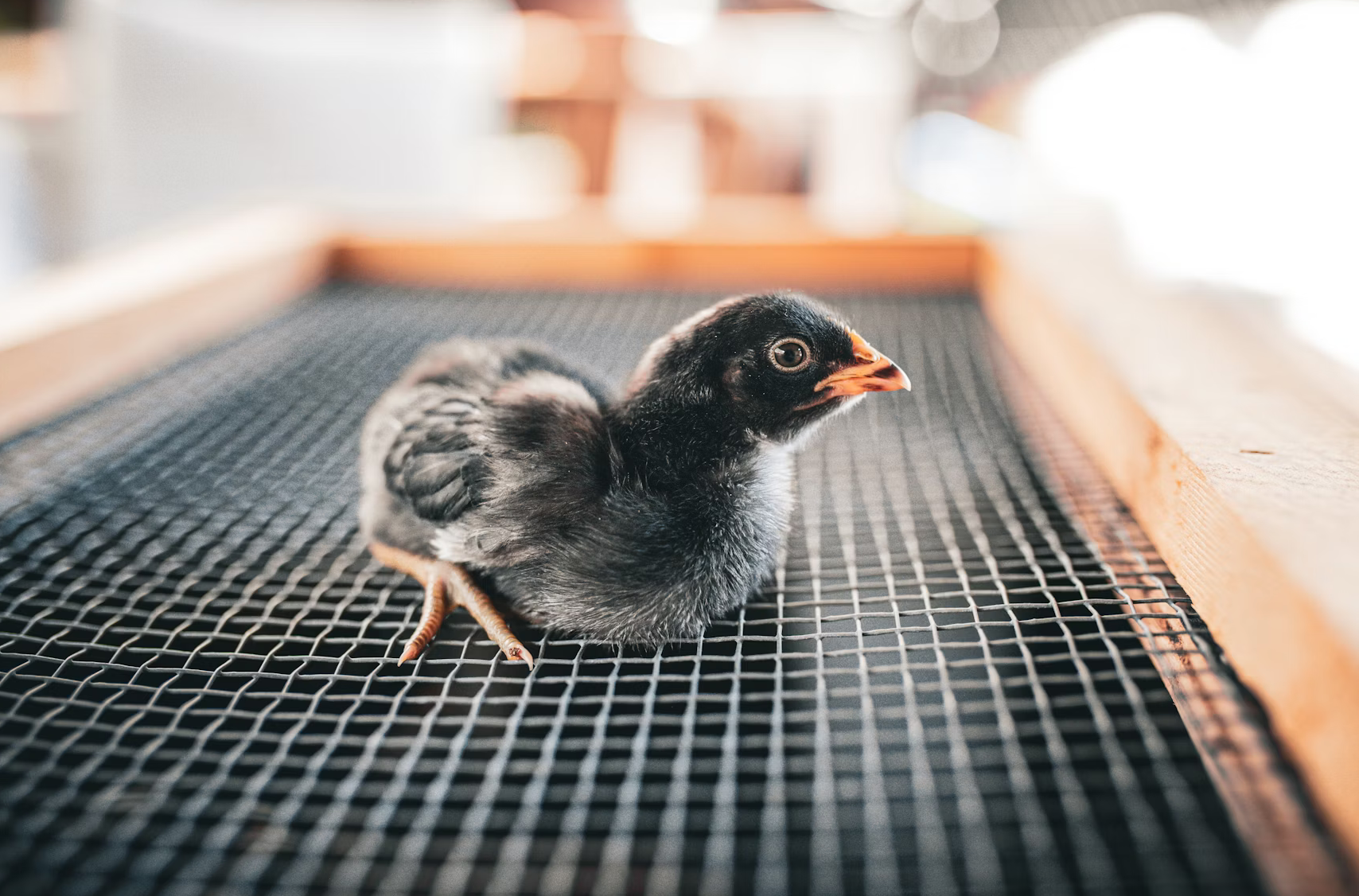According to halakha (Jewish law), it is cruel for us to eat while animals dependent on us for food, thus we must always feed animals before we eat ourselves. In the Midrash, there is a story of Noah, who while on the ark did not feed the Lion in good time, leaving him hungry. As a result, Noah was punished by God through being struck by the Lion. Most of us won’t have Lions who rely on us to provide breakfast; however, the moral of this story is relevant in two ways. Firstly, any pets at home ought to be fed timely, and not left to be hungry while we eat. Secondly, the story alludes to the importance of emotional and physical compassion and consideration for animals; not only must they be fed, but they must not feel abandoned by the people they depend on.
In modern day, animal agriculture cruelly violates this principle. Take the example of poultry and egg farming: hens are often overfed calorific foods, causing them to be so obese they cannot move and subsequently starve to death while unable to reach their feed and water (including in ‘cage-free’ farms). Many countries still allow ‘forced molting’, which means depriving hens of food and water for days to stimulate another egg laying cycle. Often these hens become so weak that they die.
It is hard to see how consuming chicken or eggs from these conditions could ever be in line with Jewish principles, or indeed any compassionate perspective. Moreover, in this world of endless ‘meat’ and ‘egg’ alternatives, why contribute to this unnecessary suffering?
